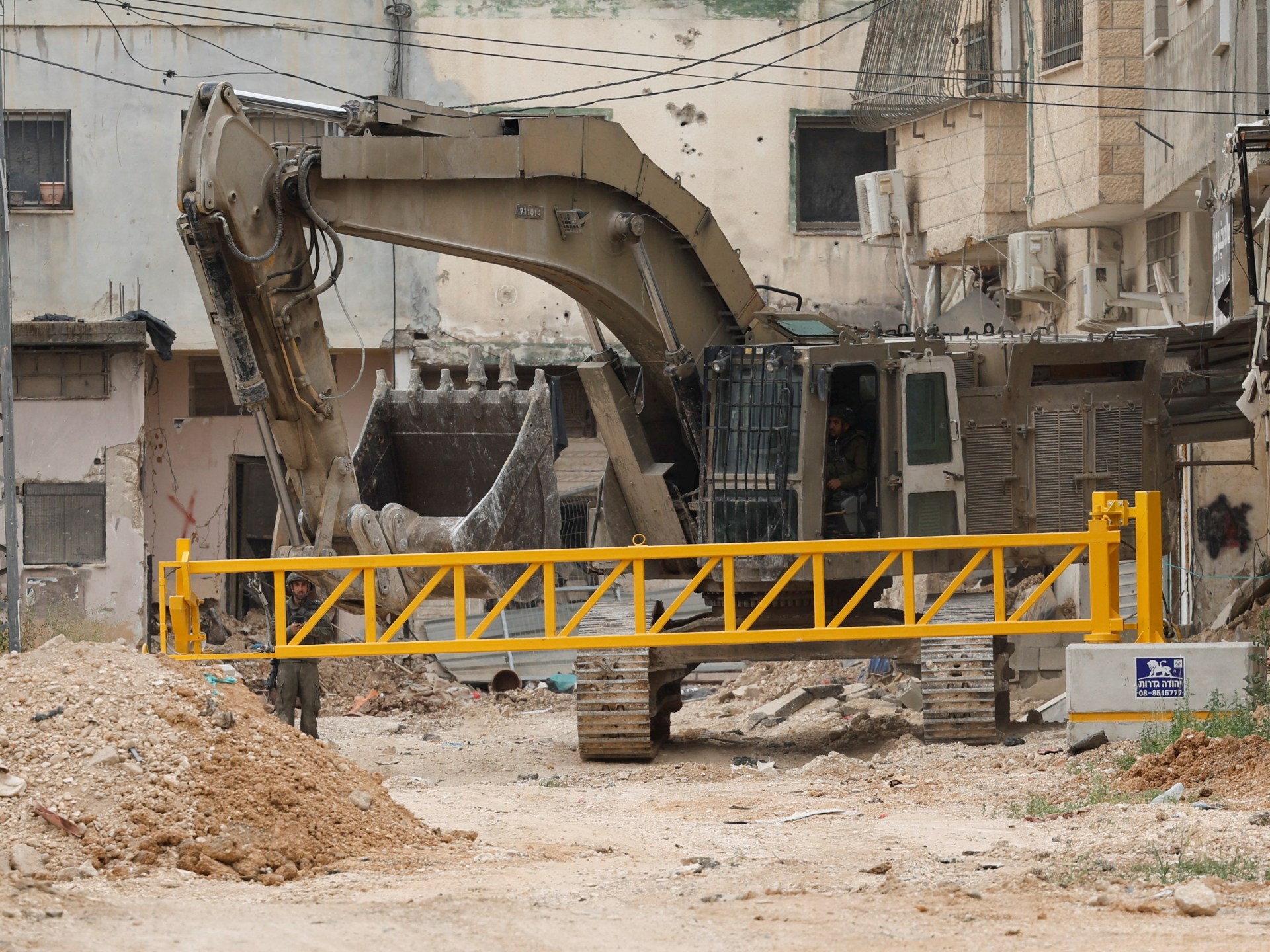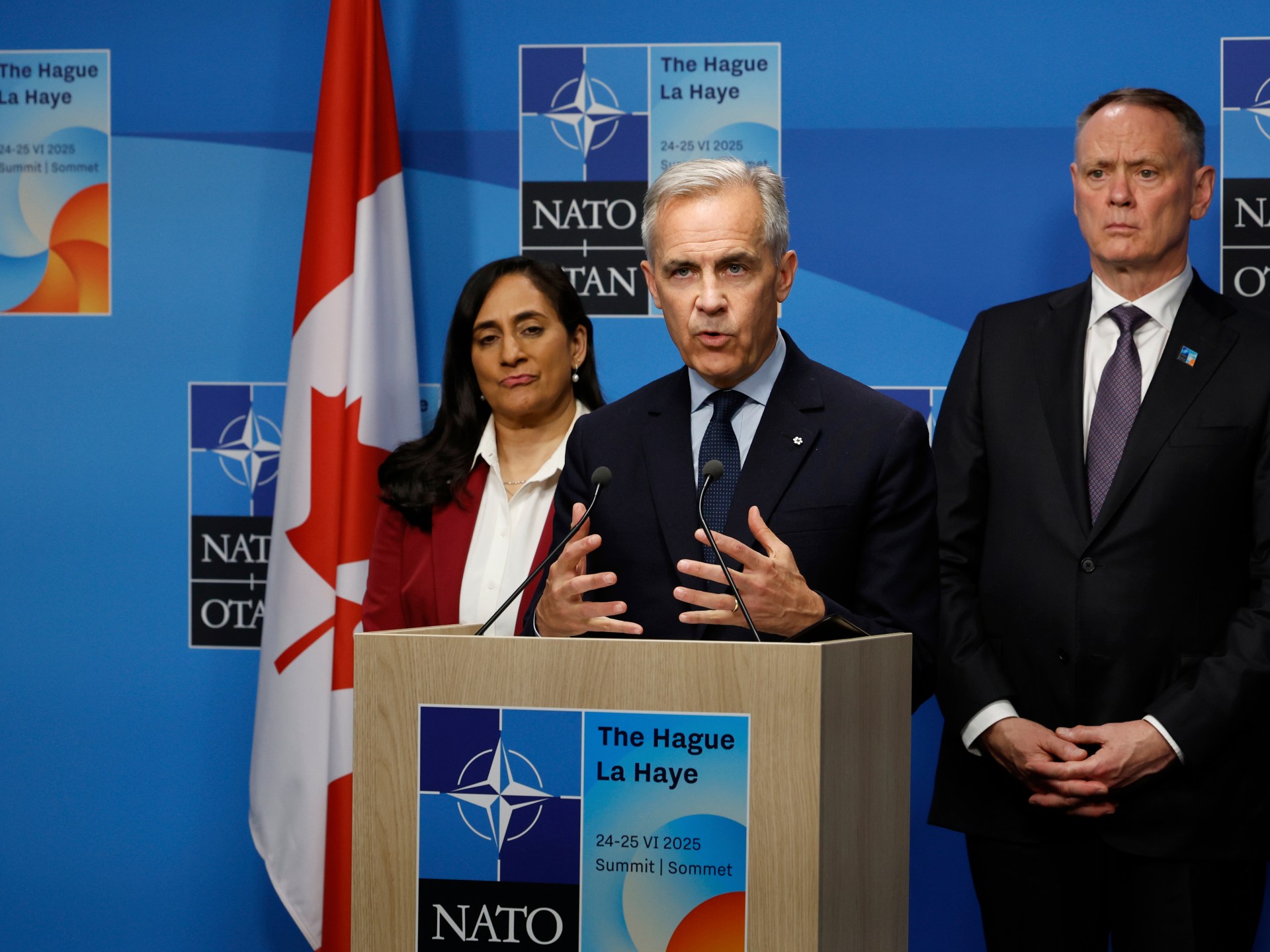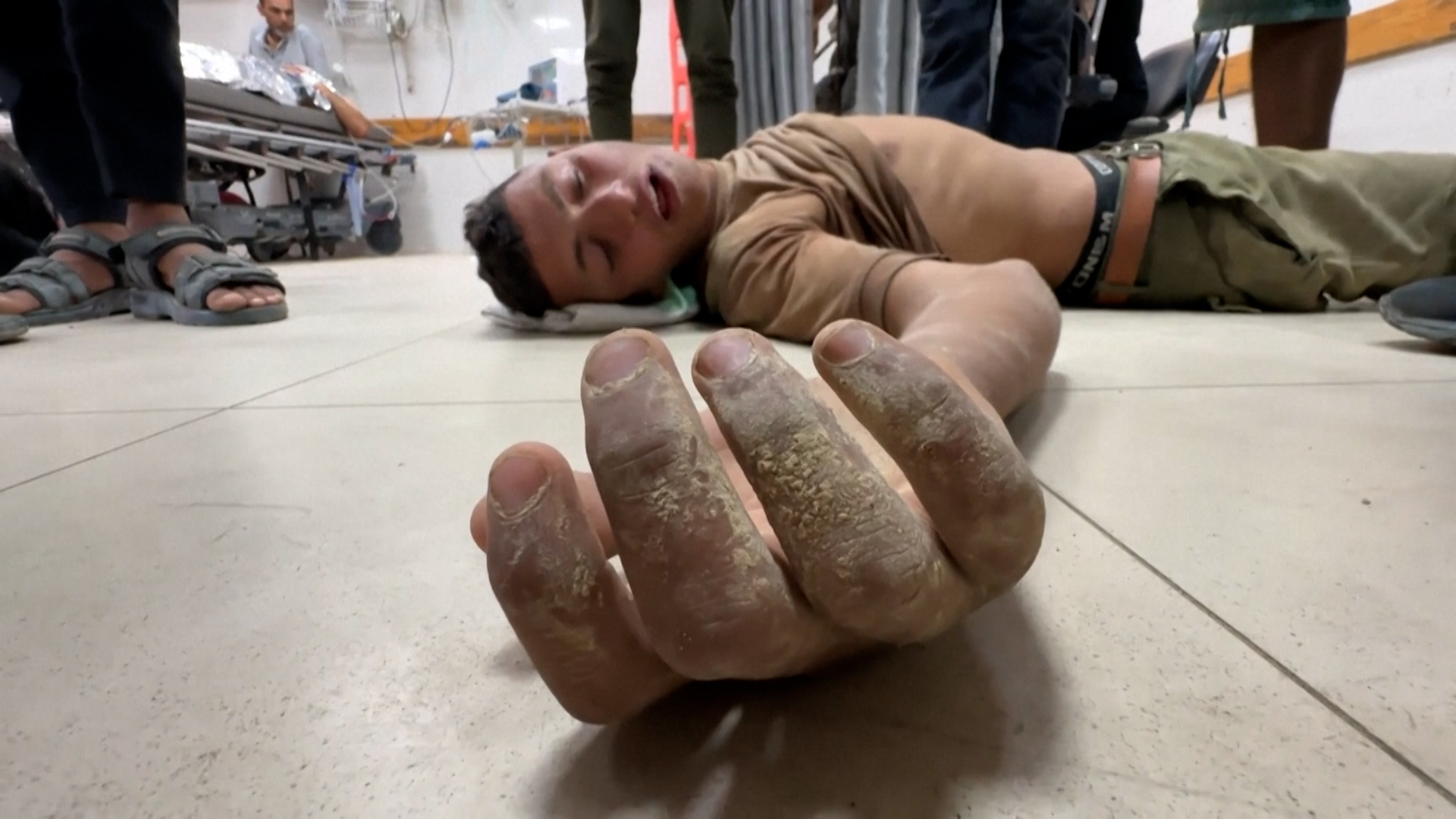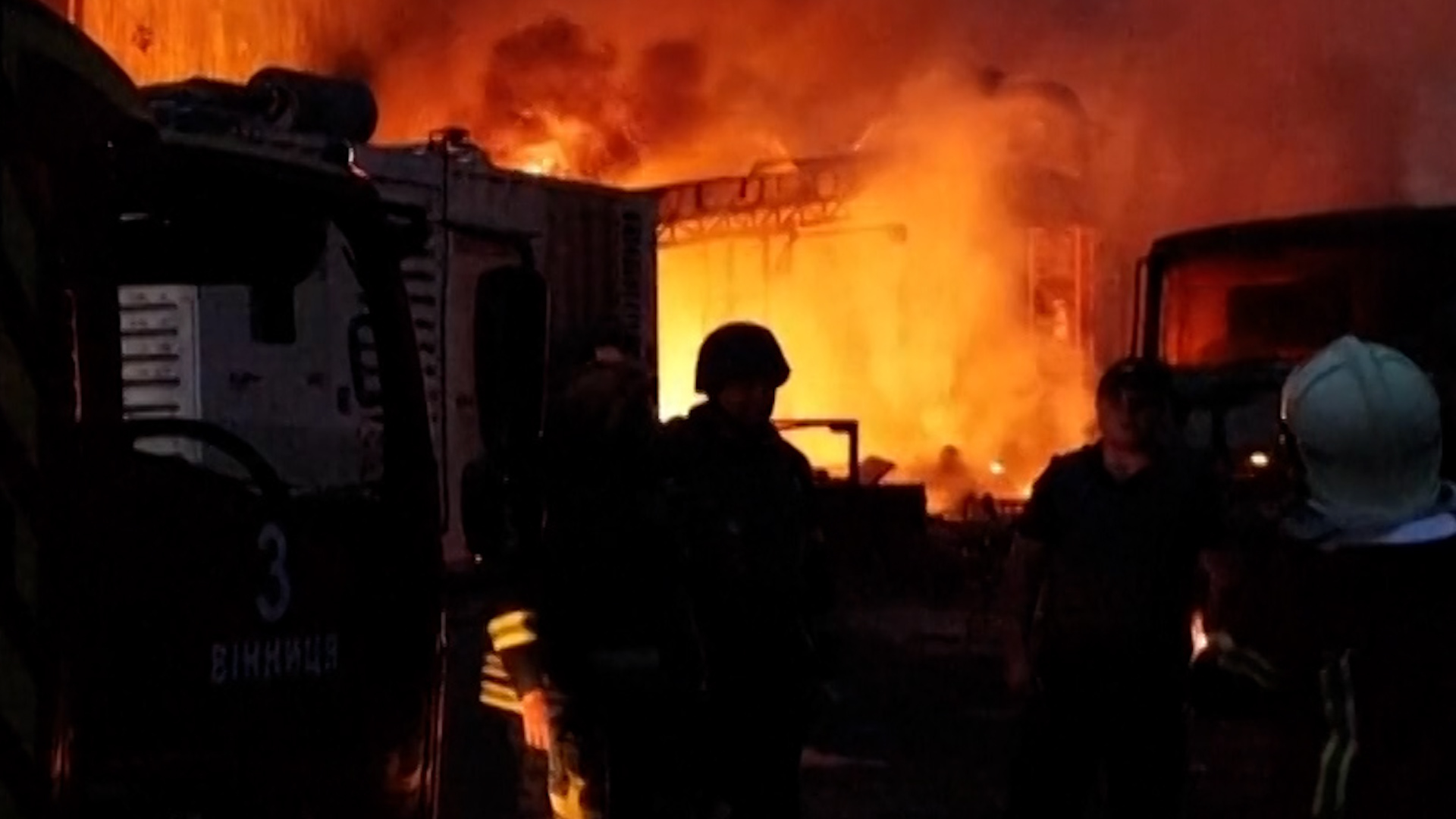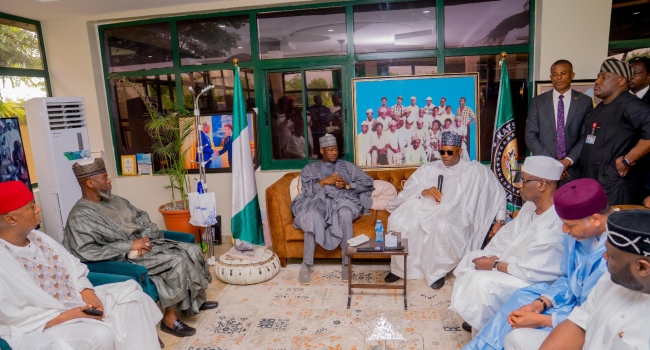To play this video you need to enable JavaScript in your browser.
- 278 Comments
First ODI, Southampton
England 258-6 (50 overs): Dunkley 83 (92); Rana 2-31
India 262-6 (48.2 overs): Sharma 62* (64); Dean 2-52
India won by four wickets; lead series 1-0
England produced a below-par performance as India sealed a four-wicket win in the first one-day international in Southampton.
Chasing 259 for victory, India all-rounder Deepti Sharma’s unbeaten 62 helped the tourists reach their target with 10 balls to spare.
The dismissals of Jemimah Rodrigues and Richa Ghosh in quick succession, with 24 runs still needed from 27 balls, gave England a glimmer of hope and the prospect of a tense finale but Amanjot Kaur held her nerve with 20 not out to see India to their second-highest successful chase in ODIs.
Amid a sloppy fielding effort, England also paid the price for failing to review an lbw against Sharma when she was on 40.
It is a crucial series for England, who are looking to gain confidence from their final three matches in the format before the autumn’s World Cup in India.
The positives included Sophia Dunkley’s well-paced 83 from 92 balls, and Alice Davidson-Richards made 53 as they rescued an innings that was teetering at 97-4.
Openers Tammy Beaumont and Amy Jones both fell cheaply to young seamer Kranti Goud, before Nat Sciver-Brunt and Emma Lamb fell in consecutive Sneh Rana overs, having added 71 for the third wicket.
Dunkley and Davidson-Richards dropped anchor with a steady and sensible stand of 106, and despite scoring 36 from the final three overs, England left it too late to accelerate with five wickets still in hand.
Dunkley stars but England fall short
To play this video you need to enable JavaScript in your browser.
Jones and Beaumont started the summer with back-to-back partnerships of 200-plus against a poor West Indies, but were put under far more run-rate pressure against India’s new ball threat.
Promising young seamer Goud struggled with consistency, bowling six wides, but found decent seam movement to bowl Jones through the gate for one and pinned Beaumont lbw for seven.
Sciver-Brunt and Lamb looked to be rescuing the innings, both dominating against India’s spinners after moving to 55-2 from the powerplay, but again their dismissals meant that most of England’s innings was spent in a rebuilding mode.
India could have won the game far more comfortably had they held on to their chances, a disappointment considering their supreme fielding in the preceding T20 series which they won 3-2.
Davidson-Richards was put down on 16 by Goud in her follow-through and Dunkley survived on 22 as Rodrigues spilled a chance at short mid-wicket.
England rotated the strike efficiently throughout the middle overs and were innovative against spin with an array of sweeps, but despite the wickets in hand they showed little sign of intent.
Dunkley’s knock was well paced and she improved her strike-rate towards the death but the innings was crying out for some aggression as they reached the final 10 overs on 182-4.
Superb Sharma thwarts England again
To play this video you need to enable JavaScript in your browser.
The last time these two sides played in an ODI, Sharma made headlines for her dismissal of Dean via a run out at the non-striker’s end at Lord’s.
Sharma has already had an impact on this series too, with a match-winning knock that was testament to India’s hugely improved strength in depth in their batting line-up.
England’s new ball spell was flat, but Lauren Bell produced a beauty in the eighth over to angle across the left-handed Smriti Mandhana and she was caught behind for 28 after a fluent opening stand of 48 with newcomer Pratika Rawal.
Rawal was bowled by Ecclestone for 36 after a patient stand of 46 with Harleen Deol, who inexplicably let England back into contention with some lazy running, not grounding her bat to be run out by Davidson-Richards for 27.
That began England’s middle-overs squeeze with just 33 runs added in 10 overs after Deol’s wicket, and the pressure told on captain Harmanpreet Kaur, who misjudged a sweep off Dean and was lbw for 17.
But Sharma’s gritty knock ensured the run-rate remained around a run-a-ball and never got out of hand. She celebrated a huge six off Bell even more than her 52-ball half-century, which was the quickest of her ODI career.
‘280 would have been a good score’ – reaction
To play this video you need to enable JavaScript in your browser.
England captain Nat Sciver-Brunt: “Sophia Dunkley and Alice Davidson-Richards played really, really well. To get to that total from 90-4 was brilliant, but ultimately we didn’t have enough runs.
“The outfield really dried out through our innings and the second innings, with it being a big field, we knew we’d be running quite a lot. 280 would have been a good score.”
India captain Harmanpreet Kaur: “Obviously, it was a great feeling the way we played today.
“I am very happy with how we all performed today.
“We missed a few chances, but in the next game we will try to put our best on the field.”
Former England batter Ebony Rainford-Brent on BBC Test Match Special: “It’s not all doom and gloom but if I’m Charlotte Edwards, I would be grading different parts of the game.
Related topics
- England Women’s Cricket Team
- Cricket

